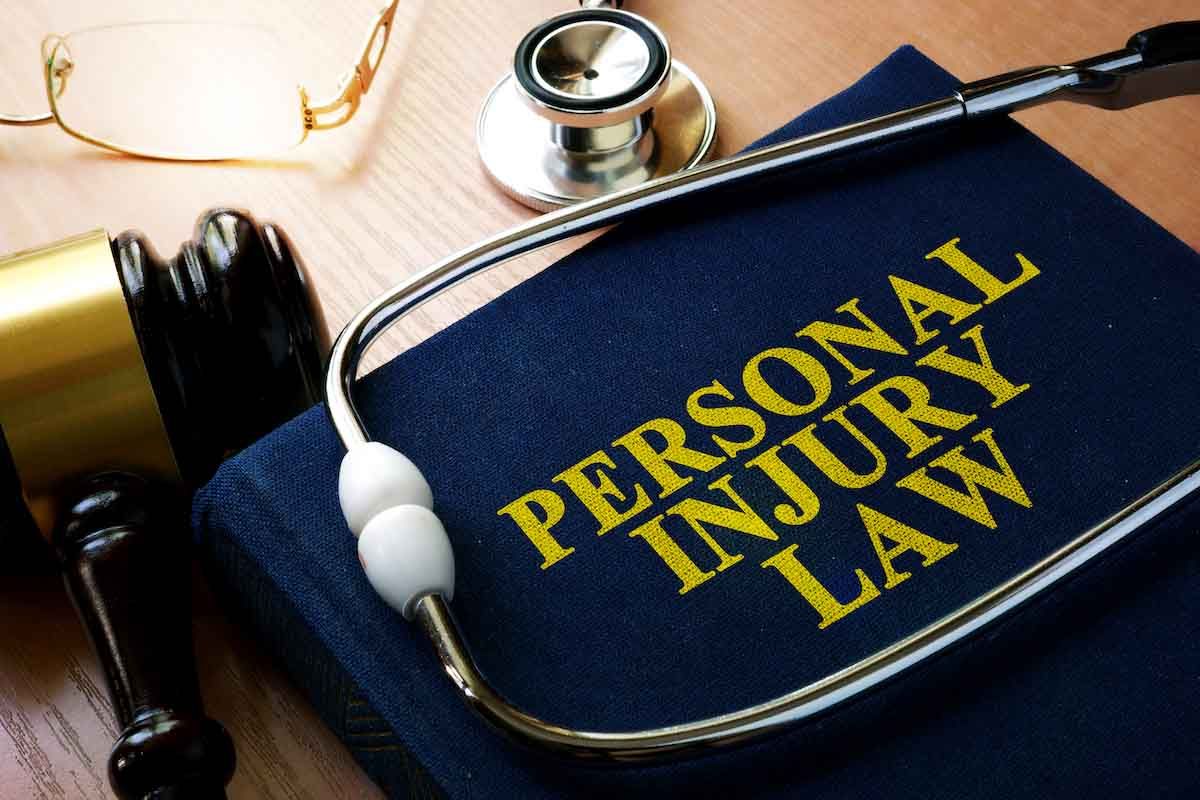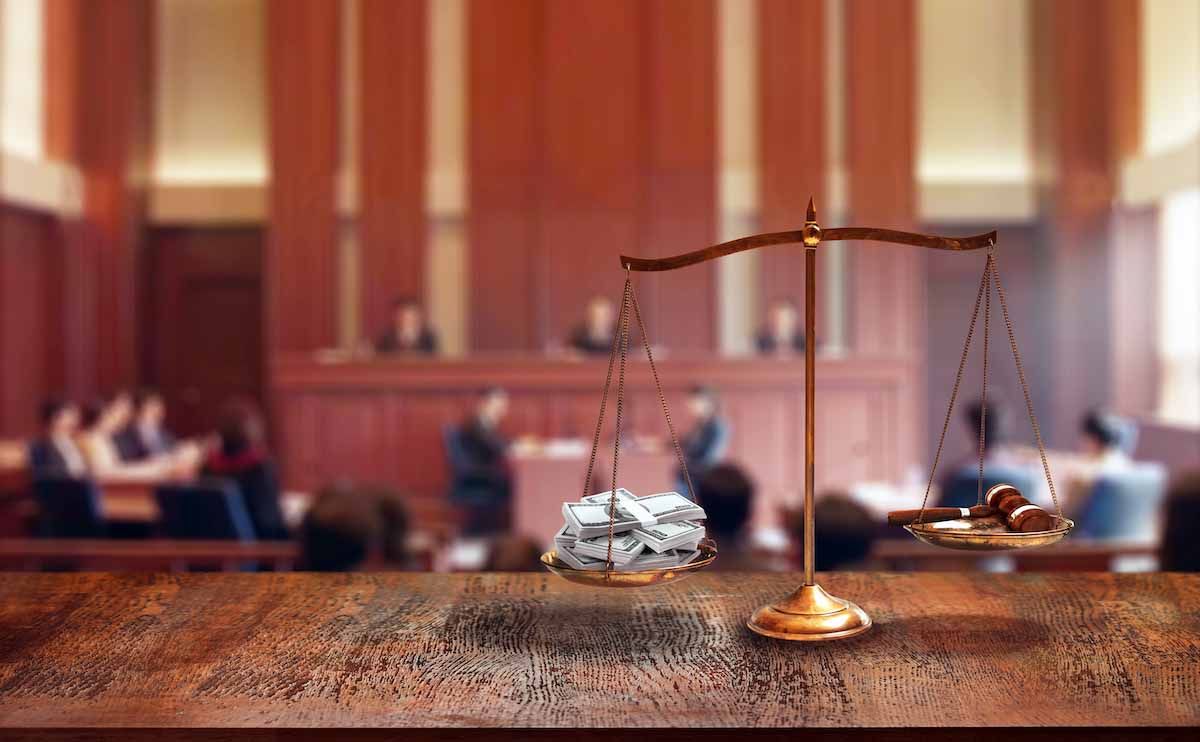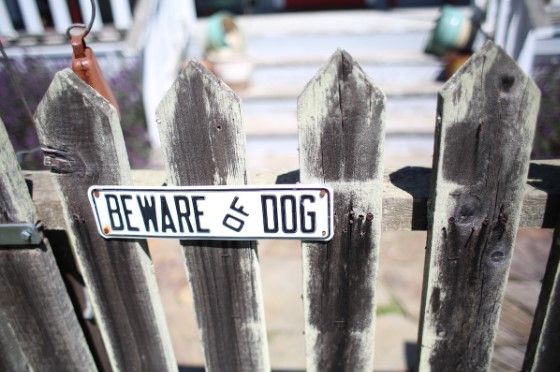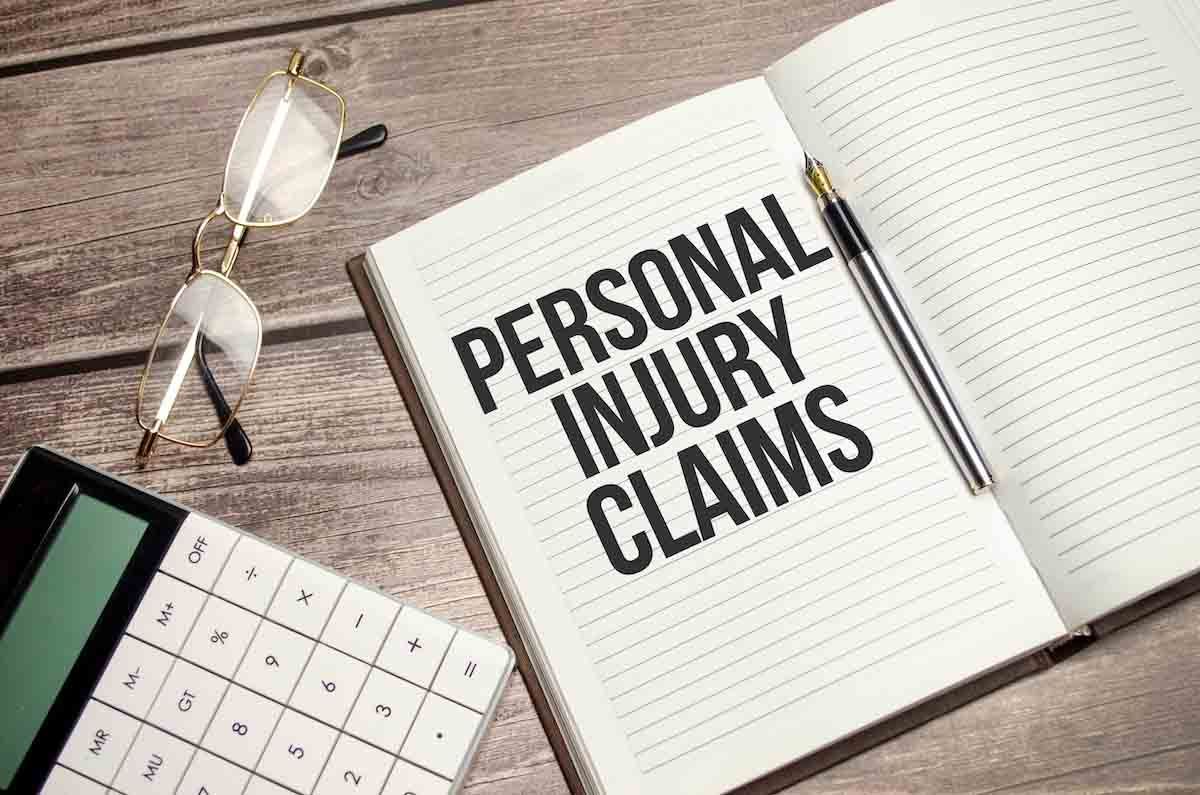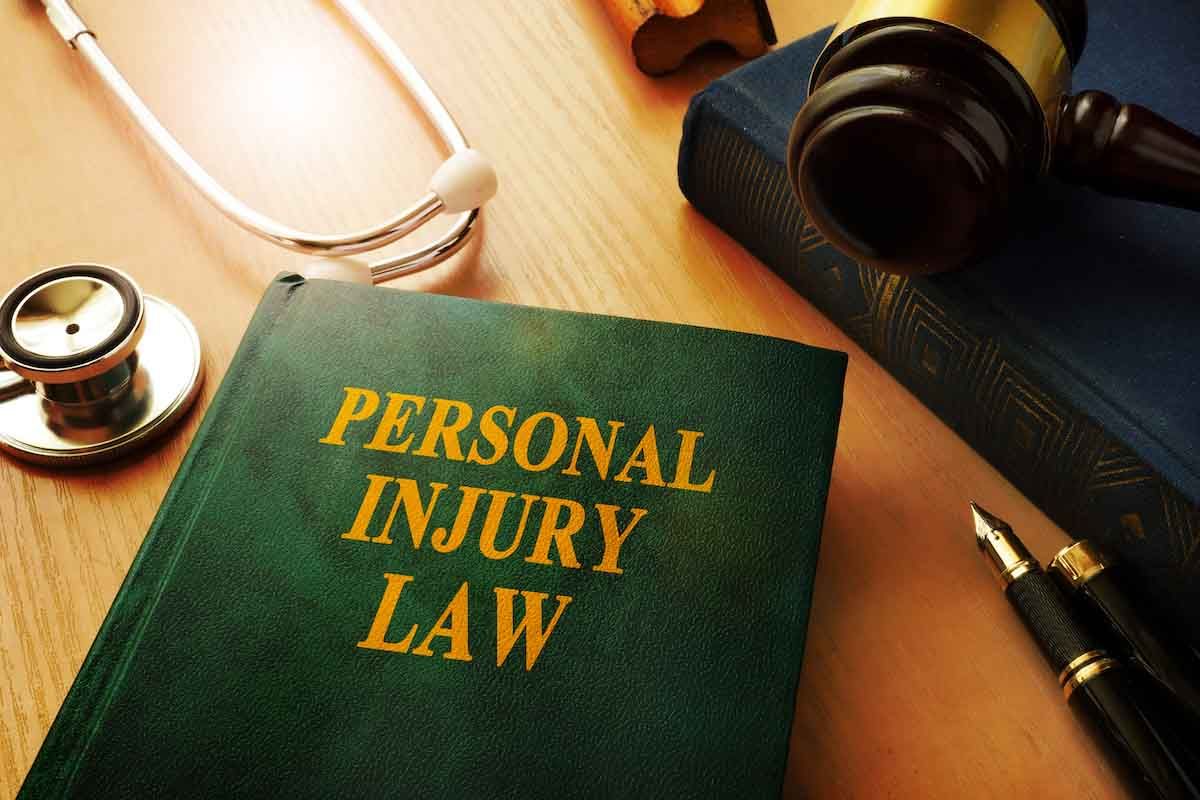What is a Personal Injury Lawyer? When Do You Need One?
Accidents happen. But what if you get hurt in an accident, and it’s someone else’s fault? For instance, if you trip and fall on a broken step in a store and sprain your ankle, can you get compensated for medical bills or wages lost from time missed at work?
When you’ve sustained an injury as a direct result of the actions or inactions of another person or entity (e.g., government agency, company, workplace, etc.), you might need the services of a personal injury lawyer to represent you. Usually, a personal injury lawyer will work to get payment from the responsible party to compensate you and help you recover.
Although car accidents are usually what first spring to mind when thinking about personal injury cases, there are several different types of cases that personal injury lawyers handle. Keep reading to better understand what these cases entail, as well as the services that personal injury lawyers generally provide to their clients.
Types Of Personal Injury Cases
The following are short descriptions of the most common personal injury cases. Keep in mind that the term “personal injury” does not always have to mean “bodily injury.” Not just physical injury falls under the umbrella of personal injury, mental and emotional damage count as well.
Vehicular Accidents
The most common personal injury claims come from accidents involving vehicles, including cars, trucks, bicycles, motorcycles, boats, airplanes, and mass transportation like buses or trains. You might also file a personal injury claim if you were a pedestrian struck by a vehicle.
Slip And Fall Accidents
When one person slips (or trips), falls, and sustains an injury on another person’s property, it’s called a slip-and-fall accident. This type of personal injury case is known as a premises liability claim. The owner of the property, or the person responsible for controlling the property at the time, might be required to provide you with financial compensation for your injuries if you slipped and fell due to their negligence. For instance, if you slipped because the floor was very wet and they did not put up a cautionary sign, the property owner could be held liable.
Although premises liability cases often involve businesses, individual homeowners can also be held liable if you can prove that you were injured on the property and that the homeowner did not take necessary precautions through appropriate maintenance or signage to prevent the injury.
Product Liability
Manufacturers, designers, and sellers of products have a legal obligation to ensure those products are safe for consumers. If you or your property experience damage when using a product in the way it was intended or as a result of a defective product, you might be able to pursue a product liability claim to recoup money for the resulting damages.
Animal Bites
We love our dogs, but even the best-trained and most mild-mannered dog can bite. According to the American Veterinary Medical Association, more than 4.5 million people are bitten by dogs yearly in the United States alone. Of that number, over 800,000 seek medical care as a direct result.
If you or a loved one has been physically injured by a dog bite (or other domesticated animal) or suffered psychological damage after being bitten, you have two years to file a claim under Oregon’s personal injury statute of limitations.
Medical Malpractice
Healthcare providers devote their lives to helping us stay healthy and recover from illnesses and injuries. However, you might sometimes receive substandard medical care, such as a misdiagnosis, an error during surgery, failure to diagnose a harmful physical condition or illness, wrong prescription, etc. In these cases, it is best to seek the help of an experienced personal injury attorney, especially because a successful lawsuit will likely require expert medical evidence and testimony.
Workplace Accidents
Although accidents at work are generally covered under workers’ compensation insurance, you may still be eligible to make a personal injury claim in addition to your workers’ compensation claim. If a third party, like an employee from another company or a manufacturer of a defective product was involved in the incident, you could file a personal injury claim against them. Working with legal representation will ensure you receive everything due to you from the at-fault parties.
What Does A Personal Injury Lawyer Do For Clients?
Personal injury lawyers work to get you compensation for a variety of damages. Some of the most common include medical expenses (surgery, prescription medication, emergency transportation, etc.); lost income from time missed at work; out-of-pocket expenses like a car rental while yours is being repaired; and more intangible costs like pain and suffering; mental anguish; and loss of enjoyment of life.
Depending on the type of claim, personal injury lawyers will have different responsibilities. In general, though, they might:
- Gather evidence to support your claim – Police reports, witness statements, photographs of the scene, medical reports, etc.
- Work with insurance companies on your behalf – Analyze insurance policies and handle all communication. An intermediary is especially helpful when dealing with the defendant’s insurance adjuster.
- Prepare complaints – If the defendant’s insurance company refuses to work with you toward a fair settlement, your personal injury lawyer will set out the legal arguments about why the defendant is responsible for the accident and the damages you seek.
- Represent you in court – If your case eventually ends up going to trial, it’s best to have a personal injury lawyer represent you since they will be familiar with the law and court procedures.
Get The Help You Need
When you’re already dealing with physical or emotional pain and trauma, it can be overwhelming to face medical bills, calls from insurance agents, physical rehabilitation, counseling, loss of wages, and more. You don’t have to do it alone. If you’re looking for a personal injury lawyer in Portland, call the team at Warren Allen, LLP. We will work to get you appropriate compensation and the best resolution to your situation.
